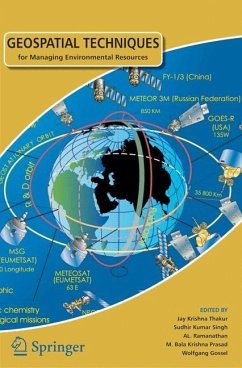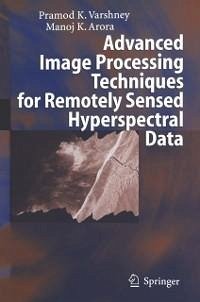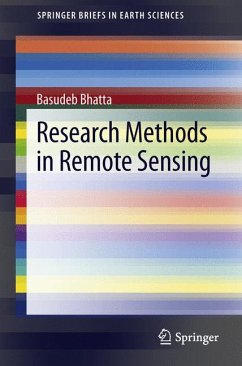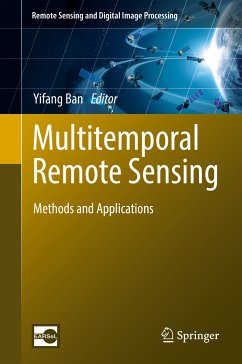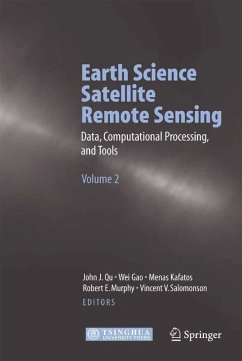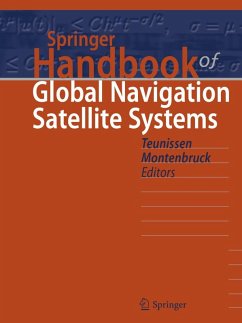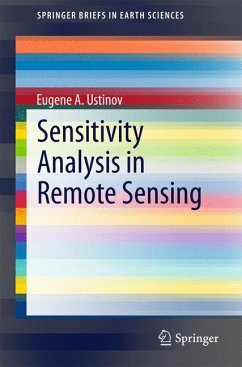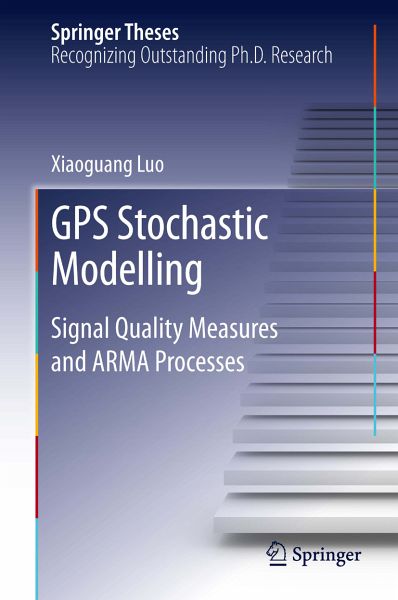
GPS Stochastic Modelling (eBook, PDF)
Signal Quality Measures and ARMA Processes
Versandkostenfrei!
Sofort per Download lieferbar
112,95 €
inkl. MwSt.
Weitere Ausgaben:

PAYBACK Punkte
56 °P sammeln!
Global Navigation Satellite Systems (GNSS), such as GPS, have become an efficient, reliable and standard tool for a wide range of applications. However, when processing GNSS data, the stochastic model characterising the precision of observations and the correlations between them is usually simplified and incomplete, leading to overly optimistic accuracy estimates. This work extends the stochastic model using signal-to-noise ratio (SNR) measurements and time series analysis of observation residuals. The proposed SNR-based observation weighting model significantly improves the results of GPS dat...
Global Navigation Satellite Systems (GNSS), such as GPS, have become an efficient, reliable and standard tool for a wide range of applications. However, when processing GNSS data, the stochastic model characterising the precision of observations and the correlations between them is usually simplified and incomplete, leading to overly optimistic accuracy estimates. This work extends the stochastic model using signal-to-noise ratio (SNR) measurements and time series analysis of observation residuals. The proposed SNR-based observation weighting model significantly improves the results of GPS data analysis, while the temporal correlation of GPS observation noise can be efficiently described by means of autoregressive moving average (ARMA) processes. Furthermore, this work includes an up-to-date overview of the GNSS error effects and a comprehensive description of various mathematical methods.
Dieser Download kann aus rechtlichen Gründen nur mit Rechnungsadresse in A, B, BG, CY, CZ, D, DK, EW, E, FIN, F, GR, HR, H, IRL, I, LT, L, LR, M, NL, PL, P, R, S, SLO, SK ausgeliefert werden.





